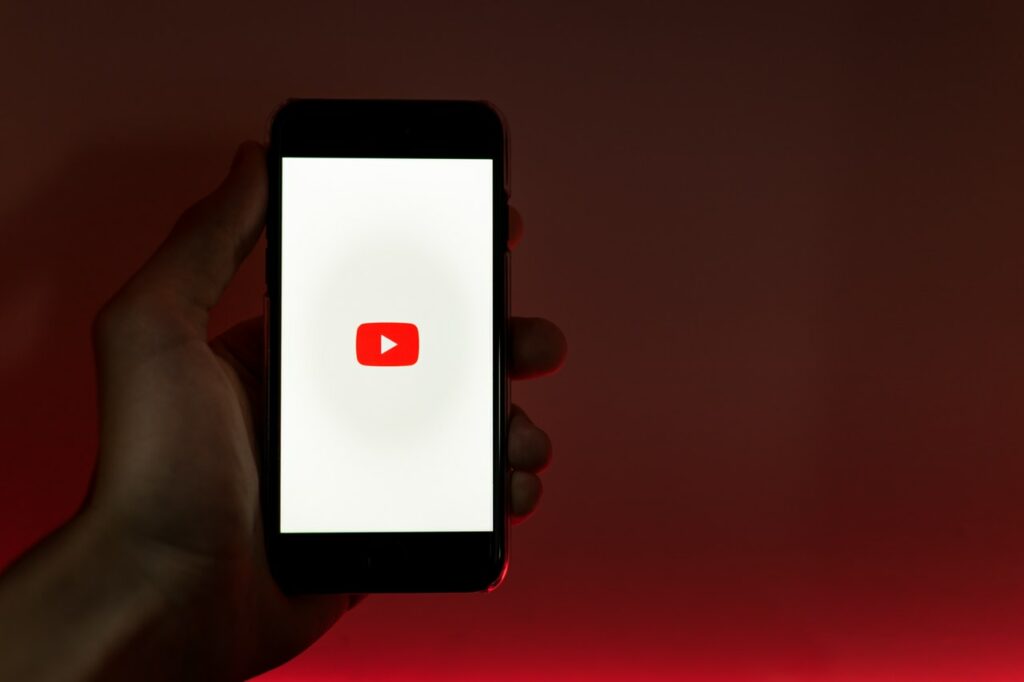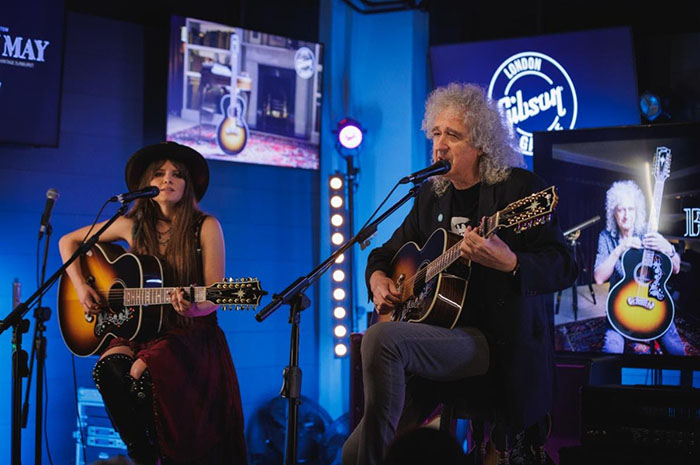With over 2 million active podcasts and 57% of all adult US consumers listening to podcasts in 2021, you can say the format is experiencing startling growth. No wonder Google is vying for a piece of the pie. After exploring the format with Google Play Music, and since 2018 with Google Podcasts, the search giant is looking to fit its most prodigious child, YouTube, with podcasting capabilities.
Podcasting: A Saturated Market?
With YouTube Podcasts, Google will be going head to head with serious competition like Spotify, Amazon, and Apple, who are all heavily invested in the podcasting business. But Google is by no means a newb in Podcasting. YouTube Podcasts will be their fourth generation podcast app, after Google Listen (powered by Google RSS reader), Google Play Music Podcasts, and Google’s standalone podcasting app Google Podcasts. Unlike the first two, Google Podcasts is currently still available, but it doesn’t seem to be all that popular with only a 2.6% market share. Even though it is part of Google’s Search Division, Google Podcasts content is curiously not very discoverable, either.
YouTube is already being used for podcasts but one of the issues that always was brought up as an obstacle was to overcome non-copyrighted music within their podcasts. Creators have been using the video platform to stream their content, usually with cover art streamed as video. So, it makes sense for Google to move its podcasting efforts to the video platform. Google might then retire its podcasting app, just like they retired Google Play Music, in favour of YouTube Music.
YouTube’s Added Value in Podcasting
The gears are already in motion, over at YouTube, as they are looking to hire an executive to lead their podcasting efforts. And they might recruit internally, as YouTube’s Director of Digital Media and Enterprise Partnerships Kai Chuk is said to have been tapped for the podcast lead role.
Within the YouTube playfield, Kai Chuk will have plenty of leeway to add value to Google’s podcasting offering.
Already, creators are flocking to YouTube to take advantage of their lengthy upload limits for their podcast content. The robustness of the platform will definitely play to their advantage. With YouTube being a video platform, the main issue for podcasters was that YouTube requires active screen time. It can’t be played in the background or with the mobile phone screen inactive. Only Premium users could access the option to stream audio only. But YouTube will soon be rolling out background listening in its YouTube Music app, starting with the Canadian market.
Perhaps the biggest draw for podcast content creators will be monetisation. YouTube’s monetisation schemes have famously ushered in the YouTuber phenomenon, and podcast content creators will get their share of ad revenue, as well. Already last year, YouTube launched audio ads to reach music and podcast audiences.
We’re very curious to see how YouTube Podcasts will be received by the podcasting community. Having a big player disrupt the market will surely benefit users in terms of technology, features, and content offering.








